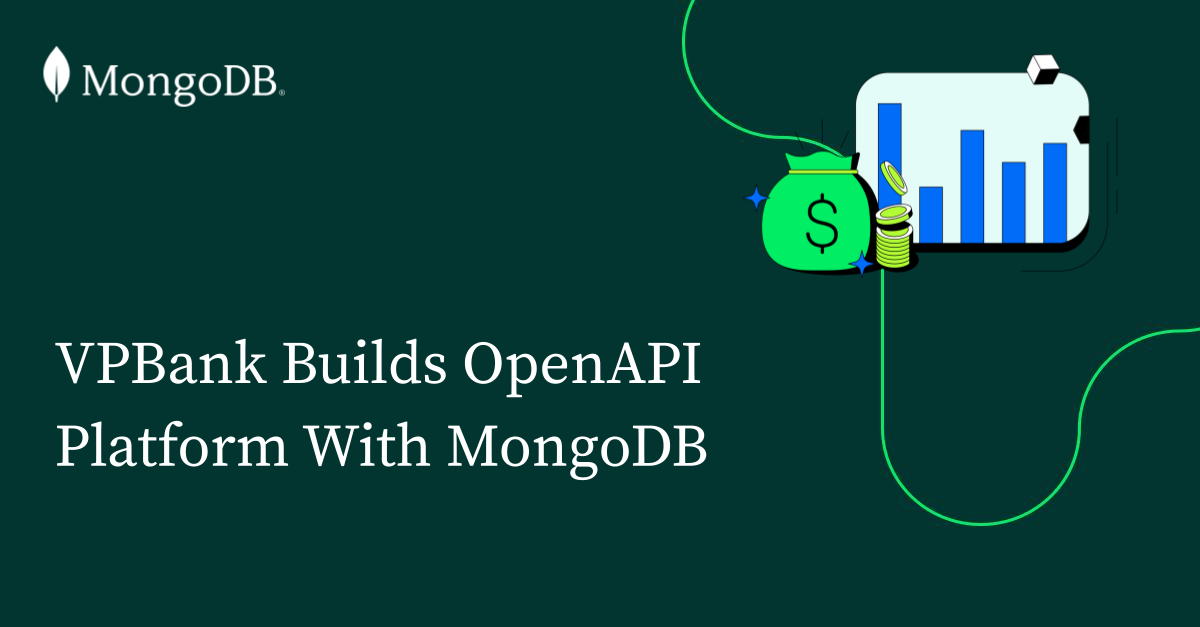Adam Neumann Launches Flow Residential Brand Amid Shifting Real Estate Landscape

By Jessica Mendoza, Contributor
FORT LAUDERDALE, FLORIDA - APRIL 11: On April 11, 2024, Adam Neumann (C) launched Flow Residential Real Estate & Lifestyle Brand at Flow Fort Lauderdale, marking a significant milestone in the evolving intersection between hospitality and residential real estate. The event, held in the vibrant city of Fort Lauderdale, Florida, showcased Neumann's ambitious vision to redefine modern living accommodations. (Photo by Romain Maurice/Getty Images)
The traditional boundaries between the hospitality industry and residential real estate are rapidly dissolving. This shift is primarily driven by the increasing expectations of today's renters, buyers, and extended-stay travelers, particularly the growing demographic of digital nomads. Neumann's recent funding round for his venture, Flow, which successfully secured over $100 million, serves as a striking indicator of the broader transformation taking place within the real estate sector. This evolution reflects a trend where established hospitality brands are not only launching but also expanding their residential divisions, while residential developers are integrating hotel-style amenities and services into their properties, blurring the lines between the two sectors.
Modern living arrangements are evolving at a remarkable pace, with contemporary developments now featuring furnished apartments, yoga studios, cafes, bars, and fitness centers as standard amenities. This trend draws heavily from well-established rental models in Europe, which frequently offer fully furnished living spaces. According to insights from Della Terra, a leading real estate consultancy, one of the fastest-growing segments in the real estate market is the expansion of apartment-style and extended-stay offerings by major brands. This response caters to the rising demand for upscale and flexible living options that resonate with today's lifestyle needs.
A significant trend bridging hospitality and residential real estate emphasizes convenience for residents, akin to the luxuries typically found in resort environments. While the concept of combining living spaces with leisure facilities isn't newretirement communities have long provided amenities such as restaurants and social activitiesthe modern hospitality and residential sectors are now ensuring that all residents can enjoy these luxuries. This is particularly true for those seeking high-end living experiences that offer more than just a place to stay.
For instance, The Waldorf Astoria Residences has made impressive strides in this arena, with its New York location featuring more than 50,000 square feet dedicated to exclusive amenities. Residents are treated to a plethora of offerings including a 25-meter swimming pool, a state-of-the-art fitness center, luxurious spa facilities, private dining areas, lounges, a gaming room, and even a theater. Each aspect is thoughtfully designed to enhance the living experience, extending beyond the confines of individual units. Additionally, residents enjoy privileged access to the adjacent Waldorf Astoria hotel, which features a signature restaurant, an upscale spa, and round-the-clock concierge and room service.
The Waldorf Astoria is not limiting its expansion to New York alone; the brand has ambitious plans to extend its residential offerings globally, with new developments slated for Miami, Antigua, and Dubai. Likewise, companies such as Unity Living, Flow Residences, and Locke Living are pioneering the concept of furnished apartment-hotels across various regions, providing comprehensive amenities that include coworking spaces and communal areas tailored for all residents.
However, the residential real estate sector faces notable challenges, particularly regarding the fragmentation of services that can hinder the overall resident experience. Essential functions such as payment processing, maintenance requests, mailroom operations, and community events often rely on disparate websites or apps, leading to a disjointed user experience. Consequently, establishing a seamless digital ecosystem has evolved from being a luxury to becoming an essential expectation.
To address these challenges, many aparthotel and serviced apartment operators are introducing integrated applications that empower guests to manage everything from check-in to payment processing and maintenance requests. This innovation streamlines the overall resident experience and ensures that services are interconnected. In contrast, established multifamily buildings, which were not initially designed with a digital-first approach, are increasingly seeking partnerships with technology providers such as Livly, Elevated Living, and Zego Payments. These platforms enable functionalities like digital key access, package tracking, maintenance requests, and rent payments through a unified interface, which not only centralizes operations for property staff but also crafts a seamless experience that modern residents expect.
As these new residential models adapt to meet the needs of a generation of renters who prioritize community and connection, there is a marked emphasis on enhancing social interaction. Developments are increasingly curating events such as yoga classes, painting workshops, and farmers markets that not only foster engagement among residents but also strengthen ties with the surrounding neighborhood.
The rise of remote work has further amplified the demand for living spaces that provide both comfort and opportunities for social connection. Flow, for instance, has centered its business model around community-driven living, aiming to combat urban isolation through thoughtfully designed spaces and event programming that nurture a sense of belonging and collaboration among residents.
As we look to the future, several key forces are driving this convergence between the hospitality and residential real estate sectors. This evolving landscape is reshaping how we live, work, and travel, ushering in an era where convenience, a sense of community, and experiential living emerge as indispensable elements. For leaders in real estate, adapting to these changes entails embracing technology, prioritizing wellness and sustainability, and designing spaces that foster genuine connections. As we move forward, it's clear that a new residence will encompass far more than just four walls, evolving into a holistic living experience.
Insights for this story were provided by representatives from The Waldorf Astoria Residences and Flow Residences. The author maintains no affiliation with the properties mentioned.























